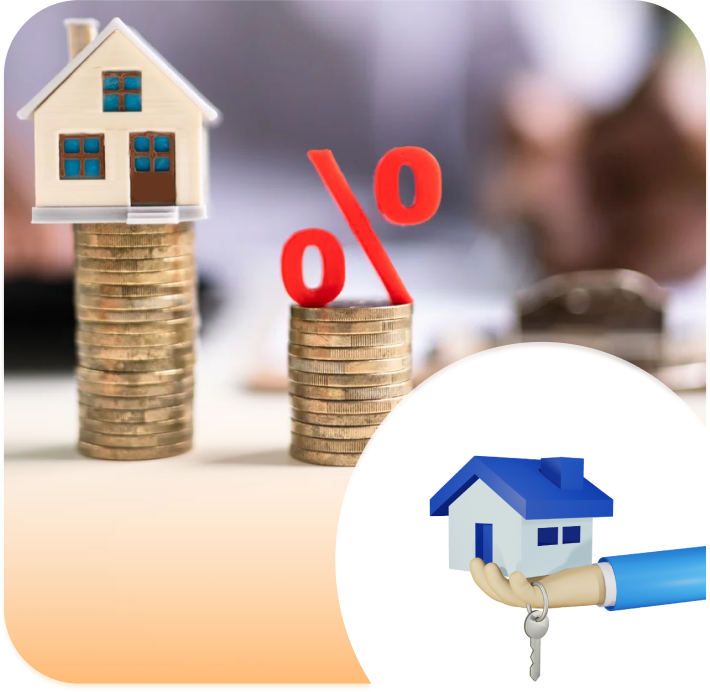

A reverse mortgage is a loan for seniors age 62 and older. HECM reverse mortgage loans are insured by the Federal Housing Administration (FHA) and allow homeowners to convert their home equity into cash with no monthly mortgage payments.
We’re here to make the reverse mortgage process a whole lot easier, with tools and expertise that will help guide you along the way, starting with our Reverse Mortgage Qualifier.
We’ll help you clearly see differences between reverse mortgage options, allowing you to choose the right one for you.










5559 S Sossaman Rd, Bldg 1 Ste 101 Mesa, AZ 85212

Company State License# AZMB - 0944059 | NMLS# 1660690














